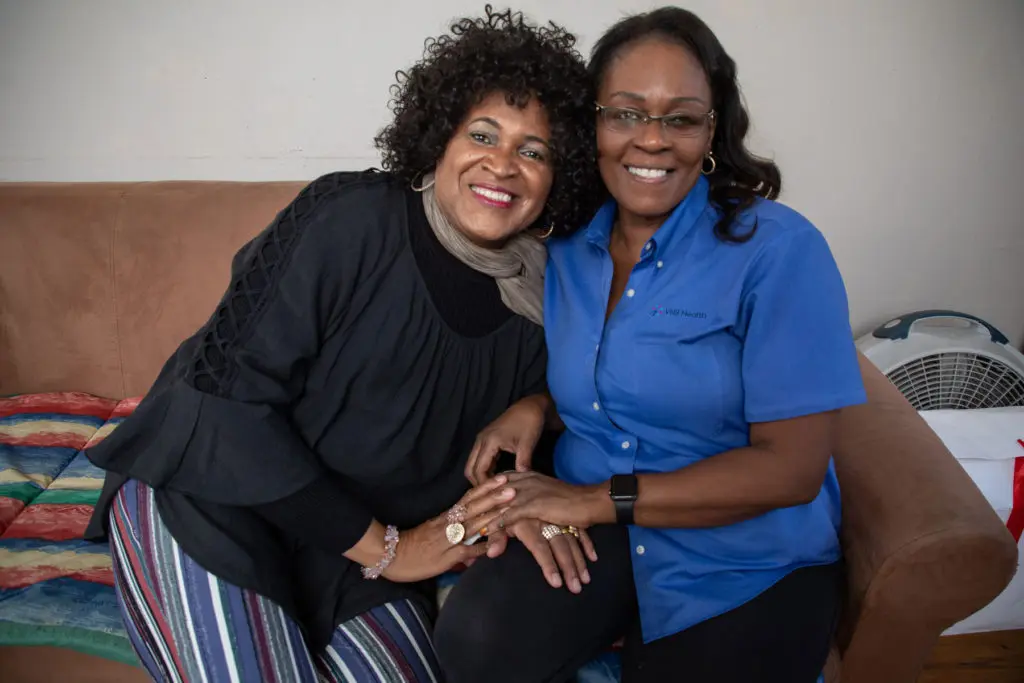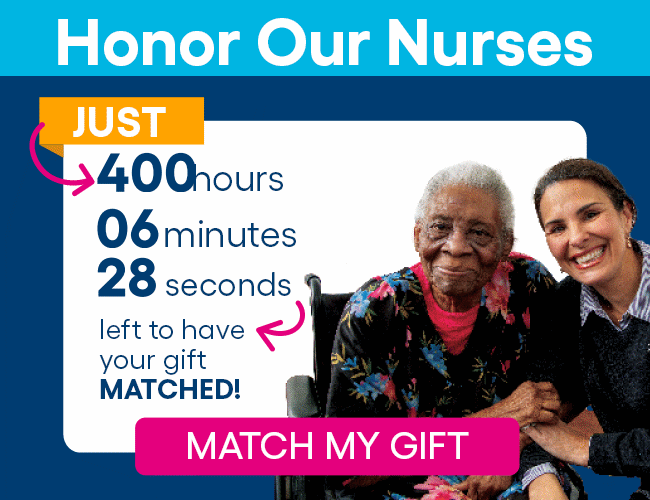
When your loved one wants to remain independent at home, you may start doing some home safety math in your head: Stairs plus other tripping hazards minus balance and strength equals a higher risk of falling — and more worry for you.
Although the risk of a fall or other accident at home can be a cause for concern, you don’t have to feel helpless. Many small changes can be made to lower your loved one’s risk for an accident or injury.
Resources For Home Safety
When to Focus on Home Safety?
There’s no bad time to put home safety at the top of your to-do list — especially as you or a loved one ages. Making your loved one’s home safer isn’t something you do once and then forget about. Keep an eye out for hazards all year long, and make sure to deal with them as they come up. It’s a good idea to check on your loved one’s home periodically, especially when:
Different weather conditions — like snow, fallen leaves, or extreme temperatures — can create different home safety hazards and increase your loved one’s chances of an accident or injury. In the same way that you might decorate your home for a new season, set aside some time to check for hazards that might not be there all year long.
A fall can indicate the need for changes in your loved one’s home to better support their needs. If you or a loved one requires an assistive device following a fall (like a walker, cane, or wheelchair), you may need to clear new paths to make it easier to get around.
Having surgery can impact your loved one’s balance, strength, and range of motion — and their confidence. Prior to surgery, walk through the home to make sure necessities are conveniently located. Focusing on how easy it is to get around can make postsurgery recovery safer and more comfortable.
Some medications can make people dizzy. If your loved one is taking new medications or has a newly diagnosed condition, ask their doctor if dizziness is one of the side effects. And check out your loved one’s home to see if any new safety measures are necessary.
VNS Health Can Help with Home Safety
-
Personal Care Services
Home health aides provide compassionate and supportive personal care.
*Statistic here. Can make type size smaller.
